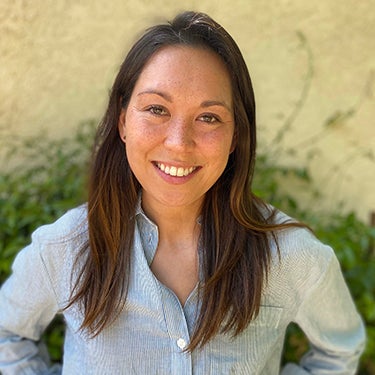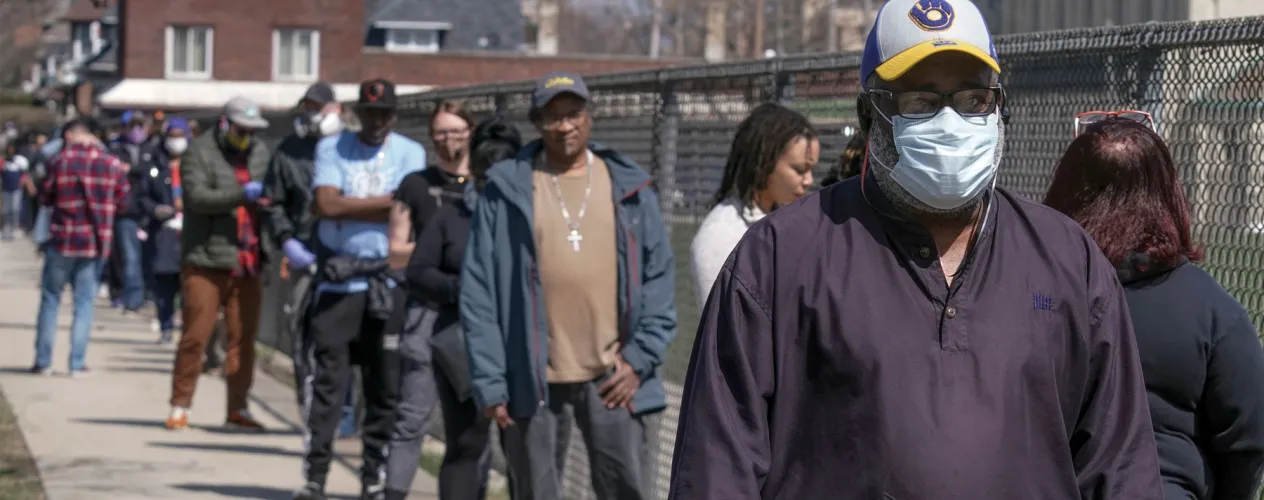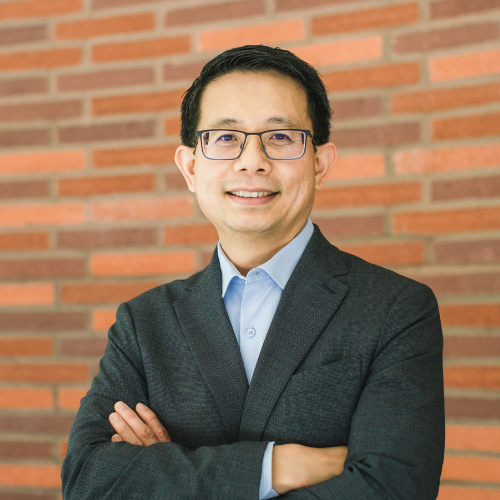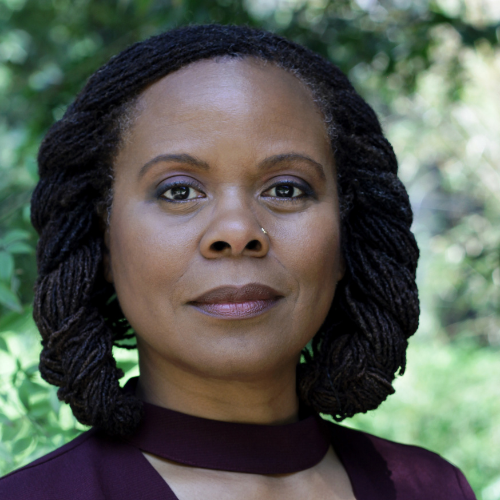
Making Voter Suppression a Public Health Issue
Through her research, FSPH doctoral candidate Anna Hing is showing why the field must combat anti-democratic efforts that disproportionately affect communities of color.

In the first legislative sessions following the historic voter turnout in the 2020 election, lawmakers in 47 states introduced bills making it harder to vote, according to New York University’s Brennan Center for Justice. These and other efforts are widely viewed as disproportionately affecting communities of color.

Voter suppression isn’t generally seen as a public health issue, but UCLA Fielding School doctoral candidate Anna Hing says it should be. “In public health we talk about social determinants of health — the impact of where you live, work, and play,” Hing says. “If communities of color are unable to elect leaders who will advocate for the policies that benefit them, it’s going to affect those social determinants and continue to marginalize people who are already marginalized.”
Hing entered FSPH’s PhD program knowing she wanted to study structural racism’s impact on health, but uncertain about the specifics. Her focus crystallized when she took a course taught by Dr. Gilbert Gee, FSPH professor of community health sciences, in fall 2016. “He pressed us to think about new ways of operationalizing structural racism,” Hing recalls. “This was at a time when we were seeing voter suppression around the presidential election — voter ID laws and people waiting in line for up to six hours in neighborhoods of primarily people of color, while people in white neighborhoods were voting in 15 minutes. I saw this as something incredibly salient that public health wasn’t talking about.”
Besides preventing people from weighing in on the officials they want to advocate for them, voter suppression, like other forms of discrimination, may contribute to physical and psychological stress — in part by sending a message to certain groups that their voice isn’t valued, says Hing, whose PhD dissertation considered how voter suppression as a mechanism of structural racism exacerbates health disparities. Hing, who was invited to discuss her research as part of a recent Harvard panel on the political determinants of health, hopes that contributing to greater awareness of the connection between voting inequality and health will encourage more health professionals to combat voter suppression efforts.
Along with her own dissertation research, Hing has worked with Gee on a study examining the health impact of the migration process by comparing the health of Filipino migrants to the U.S. with that of their peers who remained in the Philippines. She also co-authored a study with Gee and colleagues from UC San Francisco and Harvard that found a precipitous rise in coronavirus-related tweets with anti-Asian hashtags in the week after then-President Donald Trump tweeted about “the Chinese virus” on March 16, 2020 — against the warnings of public health experts. “So often, people think, ‘It’s just words,’ but seeing what has played out in the last year shows that increased hate speech can lead to violence,” Hing says.
If communities of color are unable to elect leaders who will advocate for the policies that benefit them, it’s going to continue to marginalize people who are already marginalized.
Hing will soon begin a postdoctoral fellowship at the University of Minnesota working with Dr. Rachel Hardeman, an associate professor who recently received a grant to establish an anti-racism center within the School of Public Health. In addition to Gee, Hing has worked closely with Dr. Chandra Ford, professor of community health sciences and founding director of the FSPH-based Center for the Study of Racism, Social Justice & Health, where Hing has been an active member. “I am so fortunate to have had the mentorship of Dr. Gee and Dr. Ford, and to have collaborated with amazing students at the center,” Hing says. “My understanding of racism has been challenged and strengthened through the discussions I’ve had, and it’s made me a better researcher.”

